Expert says climate change is up to us
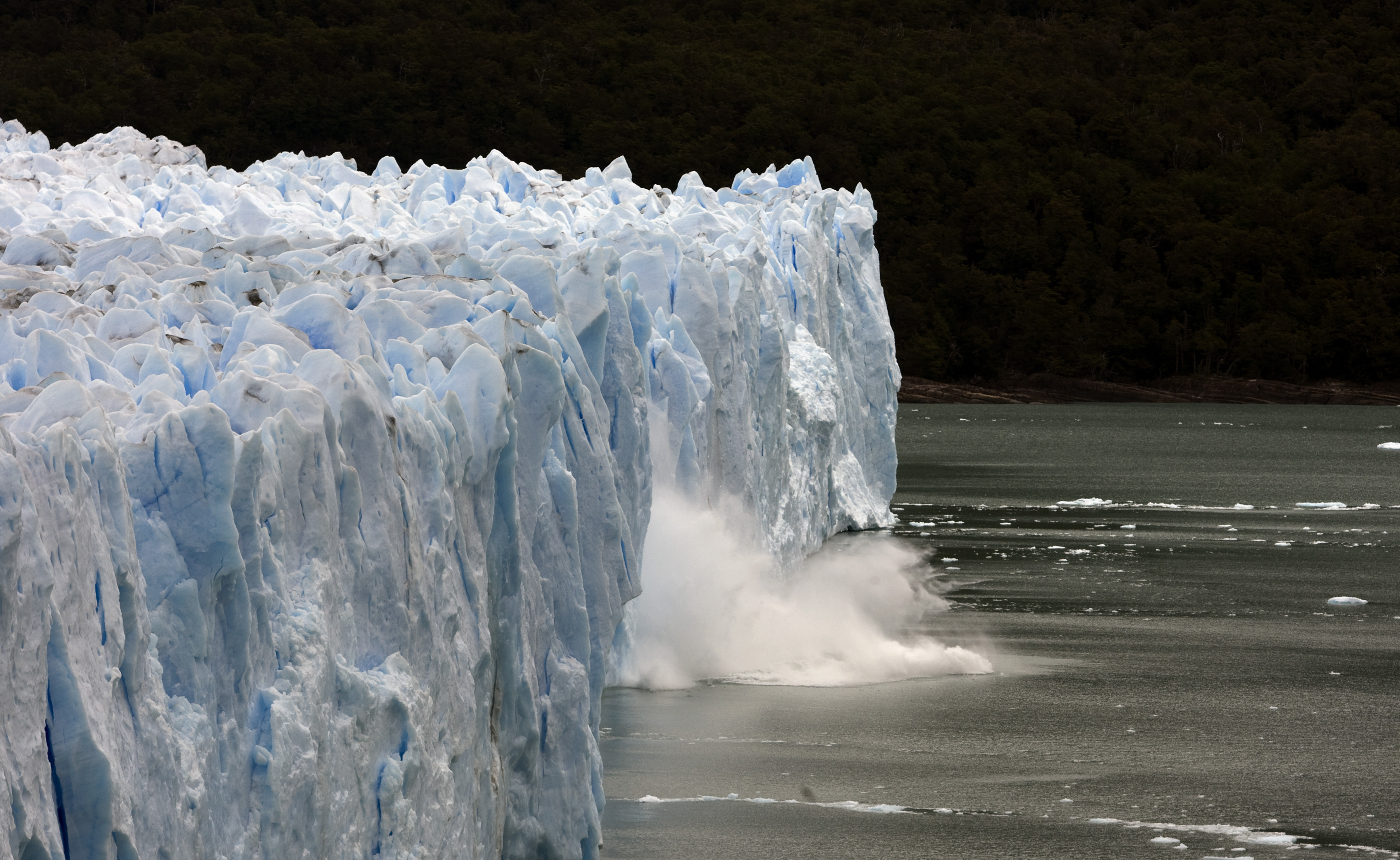
The best way to manage climate change is to have a target, says renowned climate physicist Thomas Stocker. He warns that mankind must adapt while there is still time because climate change is very much here and now.
Although the fight against global warming has not yet been lost, it becomes more and more difficult with every year that passes without reducing emissions, Stocker told swissinfo.ch.
A physicist at the University of Bern, Stocker serves on the Intergovernmental Panel on Climate Change. He is head of IPCC’s Working Group I, which compiles the scientific foundations for the organisation’s Fifth Assessment Report.
swissinfo.ch: In your position you are quasi responsible for the prediction of the planet’s life expectancy. Isn’t that an enormous burden?
Thomas Stocker: I’m not alone. I lead the working group together with a Chinese colleague and the office in Bern. The 259 scientists in our working group jointly shoulder the burden of the backbreaking intellectual work behind this report.
Here in Bern, we coordinate, discuss and organise the process and help with the wording of reports. They must be edited in such a way that the scientific jargon is kept to a minimum, so that our statements are also clear for political decision makers.

More
Climate models clouded by uncertainty
swissinfo.ch: So, no sleepless nights?
T.S.: No sleepless nights, but if something goes wrong I’ll have to explain how it got to that point. Over the past four years we’ve done everything we can to avoid mistakes and to make the process as transparent as possible. It’s clear, though, that we cannot rule out mistakes, because humans are doing the work.
swissinfo.ch: How can you make climate predictions with so many unknowns? For example, about economic development in a country like China.
T.S.: You are talking about uncertainties in relation to economic development. In such a case, researchers define scenarios for technological development or for possible political interventions on emission reductions.
But there is also a second category of uncertainties which have to do with our understanding of Earth’s physical system. How well can we, for example, simulate precipitation or the heat uptake of the oceans? This creates uncertainties. But it’s the job of scientists to quantify and reduce these uncertainties.
swissinfo.ch: And what is climate research not able to predict?
T.S.: For example, surprising events. Although there is intensive research in this area, it’s very difficult to make projections about such events. An example: there are parts of Antarctica which are under water and may be destabilised by increases in the ocean’s temperature and the rise in sea level. This is a physical process which we understand, but we cannot predict a precise point in time when it could happen.
Another example would be the reaction of the rain forests in tropical regions. What happens if precipitation zones shift as a result of global warming? It is also extremely difficult to make predictions because we have not had a similar experience.
The report on the scientific principles was created with input from 258 researchers. There are an additional 600 so-called “contributing authors” from around the world.
The report is based on almost 10,000 peer-reviewed research publications.
Two global assessments plus further assessment from various governments led to more than 54,000 comments being submitted to the office at the University of Bern.
Thomas Stocker has no problem with the government assessments, because the comments are evaluated according to scientific criteria.
The first IPCC report will be presented in Stockholm from September 23 to 26. The two additional reports plus a summary will be released in 2014.
swissinfo.ch: In which areas has climate research made the most progress and where is it still incomplete?
T.S.: There has been significant progress in many areas – for example in global monitoring, where satellites measure how much Greenland and Antarctica are melting. This data was not available seven years ago. The measurements allow us to draw a consistent picture of today’s rise in sea levels. We know that the rise occurs because of the worldwide retreat of glaciers, the warming and expanding of the sea water, and the melting of ice in Greenland and Antarctica.
Today we have better models with higher resolution. However, we aren’t yet able to project temperature changes, precipitation, or the statistics of extreme events for every region.
swissinfo.ch: The climate system is highly complex, and the interrelationships are complicated. You communicate facts, models, but also often unanswered questions. How can laypeople understand?
T.S.: First of all, a layperson must listen. We can’t communicate the results of scientific research in a single sentence. We look at warming worldwide. We measure the rise in the sea level, the changes in precipitation systems, and the melting of the polar ice caps in Greenland and Antarctica.
All of that, together with an understanding of the physics of climate systems, plus the models that are built upon this understanding, allows us to create a coherent picture of what has already happened, what the causes were, and how things will progress in the coming years under various scenarios
swissinfo.ch: The general public wants to know what mankind can expect with regard to climate change.…
T.S.: If I had to reduce it to a single sentence I would say: We have a choice. It’s up to the world’s population to determine what the climate will look like in 50 or 100 years’ time – how strongly and in which regions the temperatures will increase, how much drier or wetter it will be, which extreme events we can reckon with, and how high the sea levels will rise. It’s up to us to determine the levels of greenhouse gas emissions.
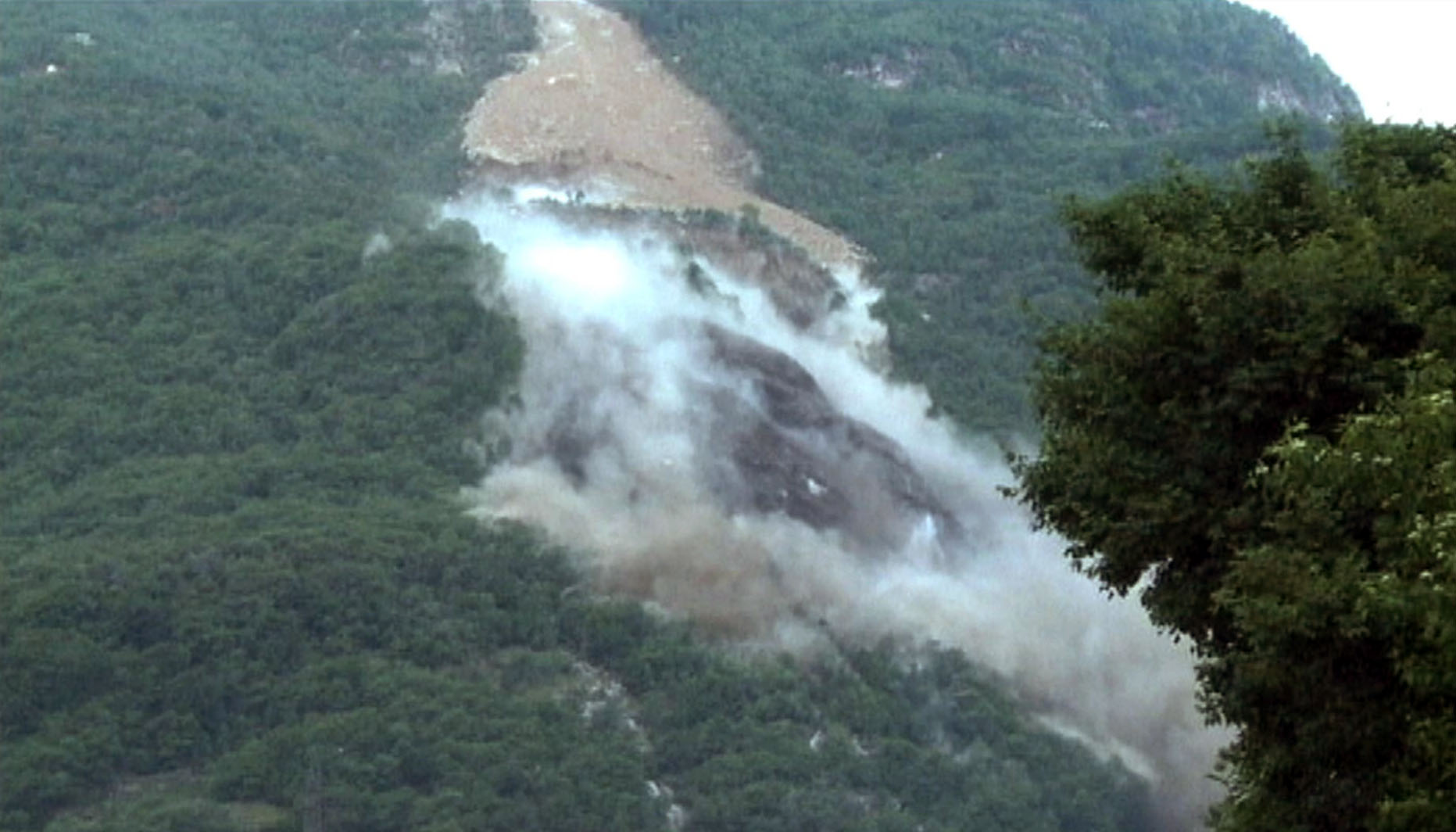
More
Climate change causes more rock slides
swissinfo.ch: The number of natural catastrophes seems to be increasing. Is that a coincidence? Or is it related to climate change?
T.S.: That’s a difficult question. The IPCC published a special report in November 2011. In this scientifically complex area we can make reliable statements regarding extreme events that are associated with temperature – such as heat waves – or with heavy precipitation and flooding.
Cyclones – which are also of great relevance economically – are a different story. Here it’s not yet scientifically possible to make reliable statements regarding when and where which type will become stronger or more frequent.
swissinfo.ch: Is it possible to manage climate change?
T.S.: The best way to manage climate change is to set a climate target, and to say, we can and are willing to afford such and such a level. The agreement on the two degree Celsius target was a very important step, at least on paper.
The big question is naturally what a two-degree-Celsius target involves. What measures need to be taken at the global level to reach this goal? If we don’t do anything and the fossil fuel emissions continue to increase at the rate they are now, then these climate goals will melt like the snow in the summer sun. Clear and undisputed is the fact that we have to massively reduce worldwide CO2 emissions if we want to have a chance of reaching the climate goals we’ve set.
The adaptation to climate change will have to take place in any case, because many people are already affected, not just in coastal areas but also in mountain regions such as Switzerland, where we’re experiencing an increased warming and thawing of the permafrost.
Thomas Stocker studied Environmental Physics at the Federal Institute of Technology in Zurich, receiving his doctorate in 1987.
After research stays at University College (London), McGill University (Montreal) and Columbia University (New York), he was named Professor in the University of Bern’s Physics Institute in 1993. There, he heads the Department of Climate and Environmental Physics.
After ten years of participation in the United Nations’ Intergovernmental Panel on Climate Change (IPCC), the 54-year-old Bernese Professor was named head of Working Group I in 2008. He co-chairs the working group with Chinese researcher Dahe Qin.
swissinfo.ch: You talk of adaptation to climate change and not of a fight against climate change. Does that mean the battle has already been lost?
T.S.: The battle hasn’t yet been lost, but every year without a reduction in emissions sets us further away from the agreed-upon climate goal, until it eventually disappears once and for all. Adaptation is necessary because climate change is already taking place. The question is to what extent we’re able to adapt. In some regions adaptation is no longer possible, for example if vital resources are no longer available – for example, land that is threatened by the rise in sea level, or water that is needed for ecosystems. In the Mediterranean there are already regions that have been affected by major drought.
swissinfo.ch: The temperature of the Earth hasn’t increased in the past ten years. That gives support to climate change sceptics. Does this affect your credibility?
T.S.: No, there we just have to remember what climate research has been telling us for many years: climate is not the weather we experience today or tomorrow. To be able to say anything about the state of the climate you need exact measurements over a long period of time – typically 30 years, or even several hundred. Statistics are required.
Thanks to the quality of worldwide measurements, we can follow the temperature over the past 150 years and see a clear warming. But we also see time and again that there are ten-year periods in which the warming or temperature trend was relatively different from what we consider to be long-term trends today. It’s misleading for us to say, based on the past ten years, that global warming is over. That’s scientifically untenable.
Translated from German by Jeannie Wurz and Chantal Britt

In compliance with the JTI standards
More: SWI swissinfo.ch certified by the Journalism Trust Initiative
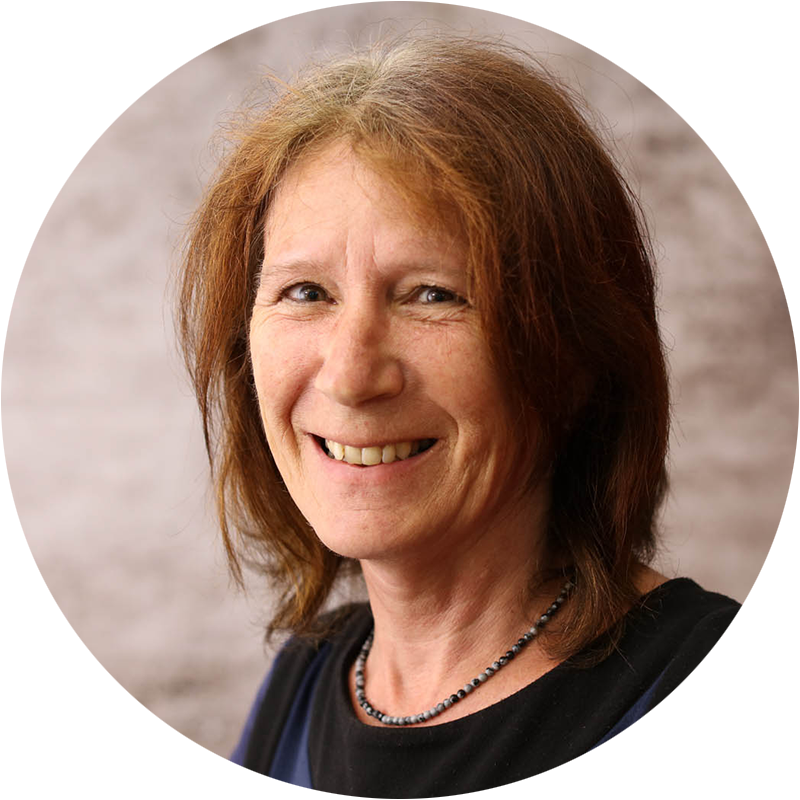
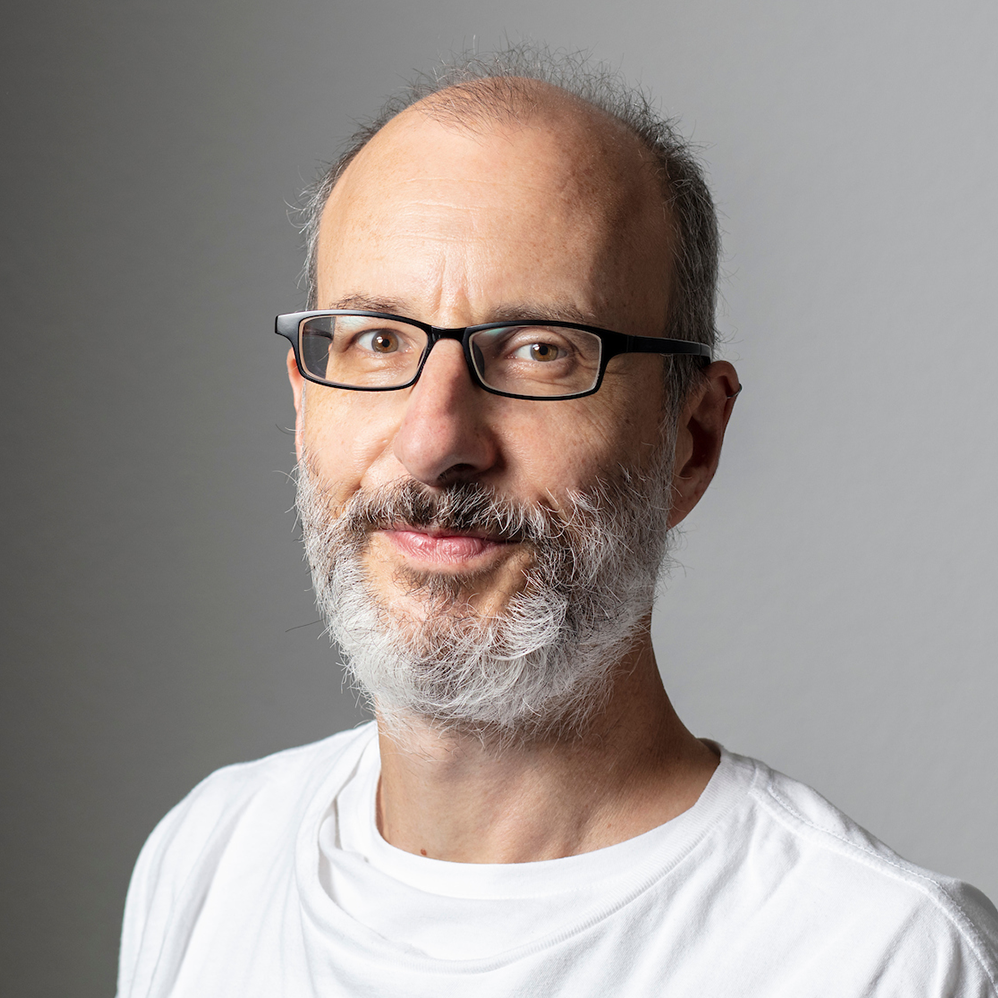
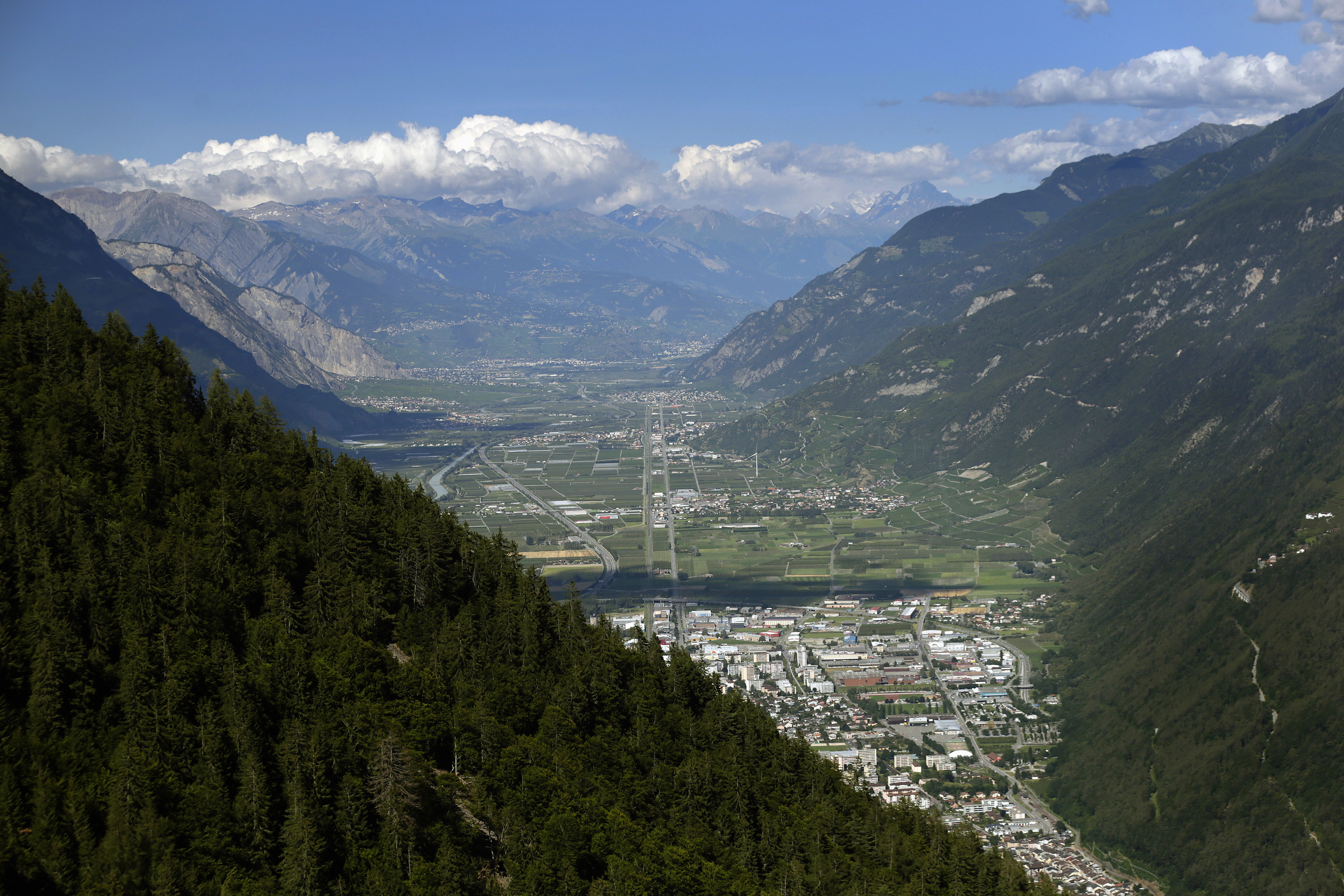
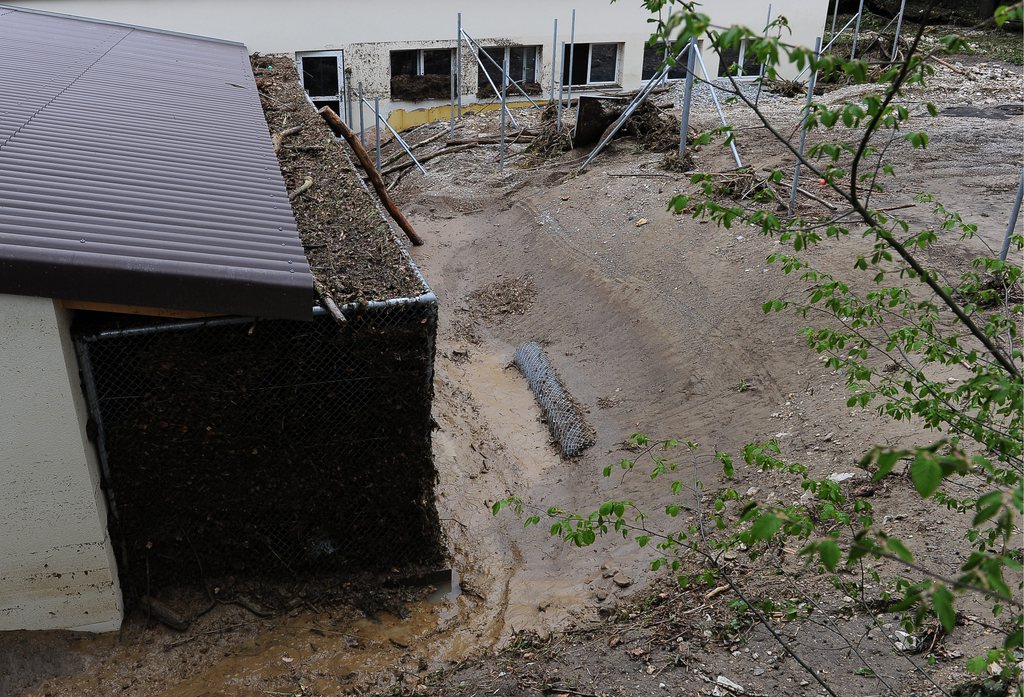
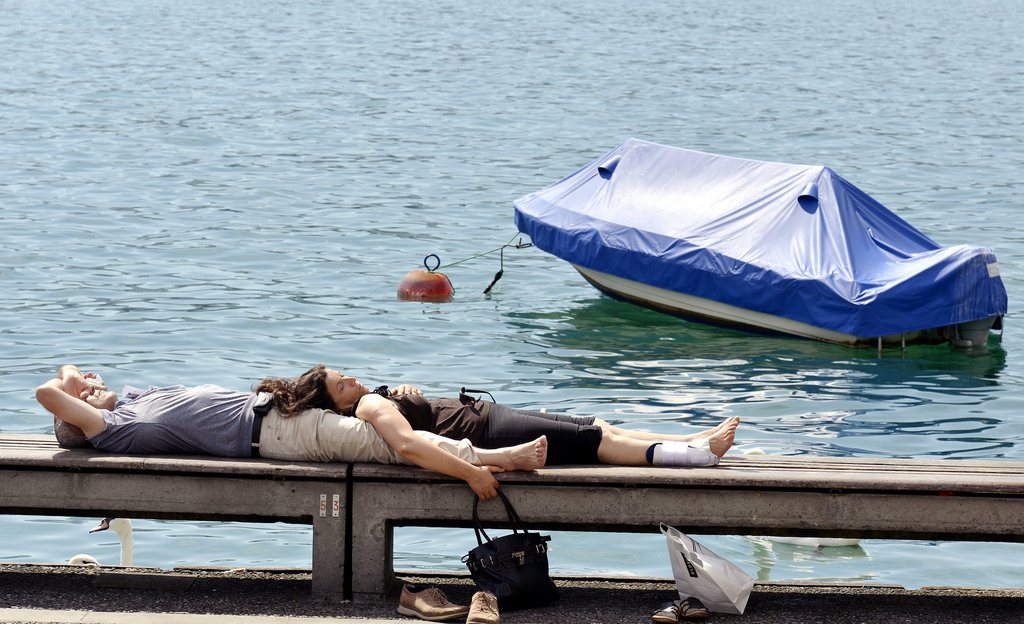
You can find an overview of ongoing debates with our journalists here. Please join us!
If you want to start a conversation about a topic raised in this article or want to report factual errors, email us at english@swissinfo.ch.